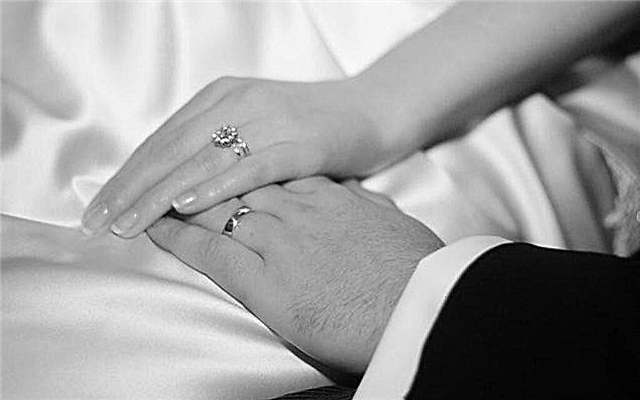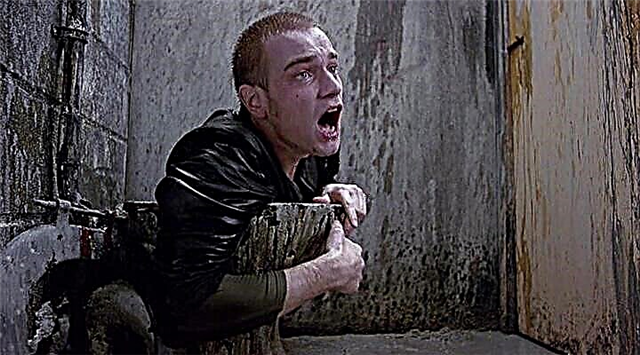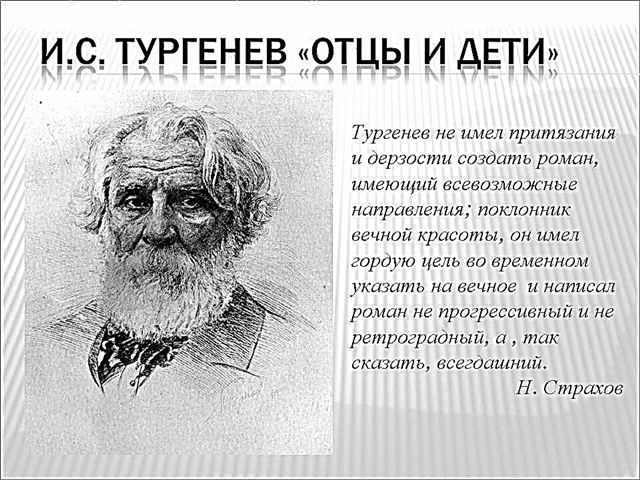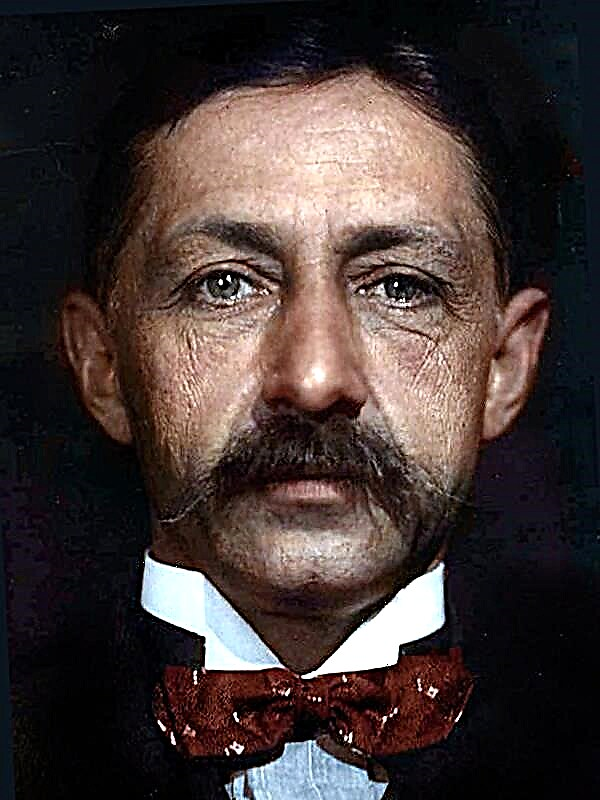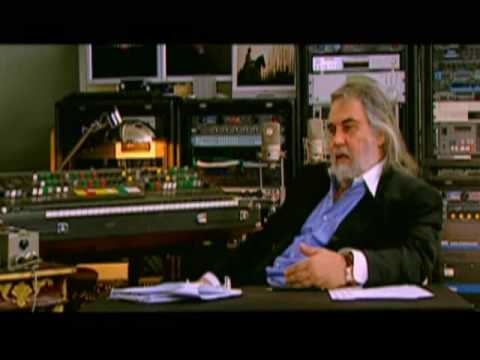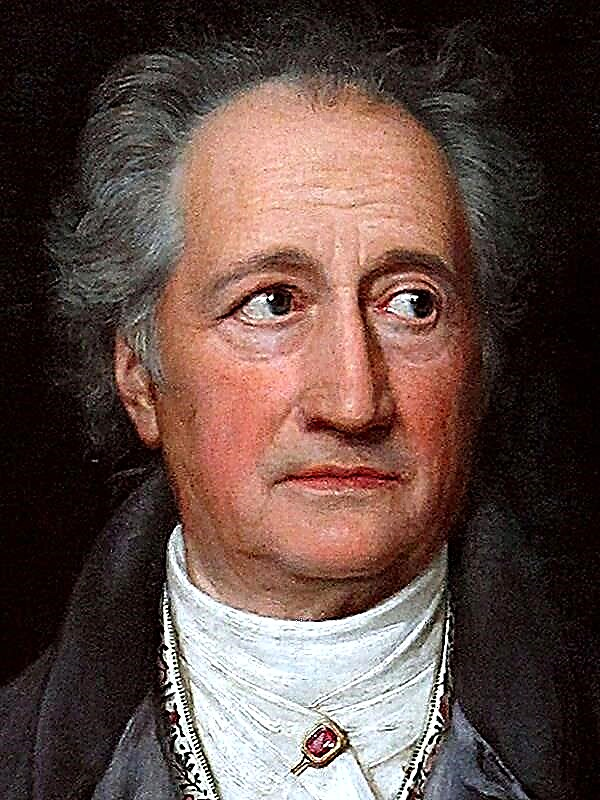The action takes place in Spain in 1568, in the thirteenth year of the reign of King Philip II. The plot is based on the relationship between Philip II, his son Don Carlos, heir to the Spanish throne, and his wife, Queen Elizabeth.
In Arrangius, the residence of the Spanish king near Madrid, is the entire Spanish courtyard. Here is the king’s son - don Carlos. The king is cold to him, he is busy with public affairs and his young wife, who was formerly the bride of Don Carlos. Philip II assigned his servants to his son to spy on him.
The Marquise Pose, a childhood friend of the prince, comes to Arrangus from Flanders, with whom he has touching memories. The infante reveals to him in a criminal love for his stepmother, and the Marquis arranges for Don Carlos a private meeting with Elizabeth. In response to the prince's passionate love confessions, she asks him to send his love to the unfortunate Spanish kingdom and sends him several letters with "tears of the Netherlands."
After reading these letters, Don Carlos decides to ask his father to appoint him governor of the Netherlands, instead of the brutal Duke of Alba, who is supposed to be in this position. This intention also favors the Marquis of Pose.
The court of the king moves to the royal palace in Madrid. With difficulty, Don Carlos seeks an audience with Philip. He asks to be sent to Flanders, where he promises to pacify the rebellion in Brabant. The king refuses, he believes that the prince’s place is at court, and the duke of Alba will go to Flanders.
Don Carlos is disappointed, at this time the page of the Queen gives him secretly a love note asking him to go on a date with half of Elizabeth. The prince is sure that the note is from the queen, he comes to the indicated place and meets the maid of honor Elizabeth, Princess Eboli. The Infant is at a loss. Eboli declares his love to her, she seeks protection from him against encroachments on her own innocence and gives the prince a letter in evidence. Don Carlos hardly begins to understand his tragic mistake, the princess, seeing the indifference to her, guesses that the signs of attention of the infant, which she took at her own expense, actually belonged to the queen. Eboli drives the prince, but before that he asks to return to her the key that was given to Don Carlos by the page, and the king’s love letter to her, which she had just given to the prince herself. Don Carlos is struck by the news of Philip's attitude to Princess Eboli, he leaves, but takes the letter with him.
Meanwhile, at the court of the king, the prince has enemies who do not like the unbalanced disposition of the heir to the throne. The confessor of King Domingo and the Duke of Alba believe that such a monarch would be very uncomfortable on the Spanish throne. The only way to remove Don Carlos is to make the king believe in the Queen’s love for his son, in this case, according to Domingo, they have an ally - Princess Eboli, in whom Philip is in love.
Upon learning of the king's refusal to send a prince to Flanders, Pose is upset. Don Carlos shows his friend a letter from the King to Princess Eboli. The marquis warns the infante against the intrigues of the insulted princess, but at the same time shames him for wanting to use the stolen letter. The pose breaks him and, in response to the suffering of the unfortunate infante, promises to again arrange his meeting with the queen.
From the Duke of Alba, Domingo and Princess Eboli, Philip II learns about Elizabeth's “betrayal”, he loses peace and sleep, he sees plots everywhere. In search of an honest man who would help him establish the truth, the king's gaze stops at the Marquis of Pose.
The conversation of Philip with the Marquis is most reminiscent of a conversation between the blind and the deaf. Pose considers it his duty, first of all, to put in a word for his suffering Flanders, where the freedom of people is strangled. The old monarch is only concerned about personal well-being. Philip asks the Marquis to “enter into confidence in his son”, “to test the Queen’s heart” and to prove his allegiance to the throne. leaving, the noble grand still hopes that he will be able to achieve freedom for his homeland.
As the ambassador of Philip, Pose receives a date alone with the queen. He asks Elizabeth to persuade don Carlos to go to the Netherlands without the blessing of the king. He is sure that the royal son will be able to gather “rebels” under his banner, and then his father, seeing the pacified Flanders, will appoint him governor of this province. The Queen sympathizes with the patriotic plans of the Marquis of Pose and appoints Don Carlos a date.
The Marquis of Pose hands over to the king the personal letters of Don Carlos. Among them, the monarch recognizes the handwriting of Princess Eboli’s note, who, wanting to prove Elizabeth’s betrayal to her husband, hacked the queen’s casket and stole the letters of don Carlos written to Elizabeth, as it turned out, even before her marriage. The pose asks the king for a piece of paper with his signature that would allow him in an extreme case to arrest the unbalanced prince. Philip gives such a document.
At court, the behavior of the Marquis of Pose is perplexing, which reaches the limit when the grand orders to arrest Don Carlos on the basis of a letter from the king. At this time, the post director Don Raymond de Taxis appears, he brings a letter of Pose, which is addressed to the Prince of Orange, located in Brussels. It should explain everything to everyone.
Princess Eboli informs Elizabeth about the arrest of the infant and, tormented by torment of conscience, confesses to her atrocity against the queen, she orders her to be exiled to the monastery of St. Mary.
After a meeting with the queen, in which he asks Elizabeth to remind the prince of their youthful oath, the Marquis Posa goes to prison to her friend Don Carlos. Knowing that this is their last meeting, he reveals his plan to the Infant. To save Carlos, he wrote a letter to the Prince of Orange about his imaginary love for the Queen and that the infante Don Carlos was given to them by Philip only for averting his eyes. The pose is sure that his letter will fall into the hands of the monarch. The prince is shocked, he is ready to run to his father-king to ask for forgiveness for himself and the marquis, but late: a shot is heard, the marquis Pose falls and dies.
In prison, to free his son, Philip comes with grandees. But instead of the grateful and humble Don Carlos, he finds there a heartbroken man who accuses the king of the death of a friend. There is a buzz around the prison; in Madrid, a rebellion of the people begins, which demands the release of the prince.
At this time, the Carthusian monk fell into the hands of the spies of the Duke of Alba. Under him were the letters of the Marquis of Pose to Flanders, in which they are talking about the flight of the Crown Prince to the Netherlands, where he will lead a rebellion for the independence of this country. The duke of Alba immediately transfers the letters to the Spanish king.
King Philip calls to himself the Grand Inquisitor. He is tormented by the idea that infanticide is a serious sin, while he decided to get rid of his son. To appease his conscience, the old monarch wants to enlist the support of the church in his crime. The great inquisitor says that the church is able to forgive sonslaughter and makes the argument: “In the name of justice, the eternal son of God was crucified *. He is ready to take responsibility for the death of the infant, if only the champion of freedom would not be on the throne.
Night falls, Don Carlos comes on a date with Elizabeth. He goes to Flanders, determined in the name of friendship to accomplish what they dreamed of with the Marquis. The queen blesses him. The king appears with the Grand Inquisitor. The queen faints and dies, Philip without a shadow of doubt passes his son into the hands of the Grand Inquisitor.



